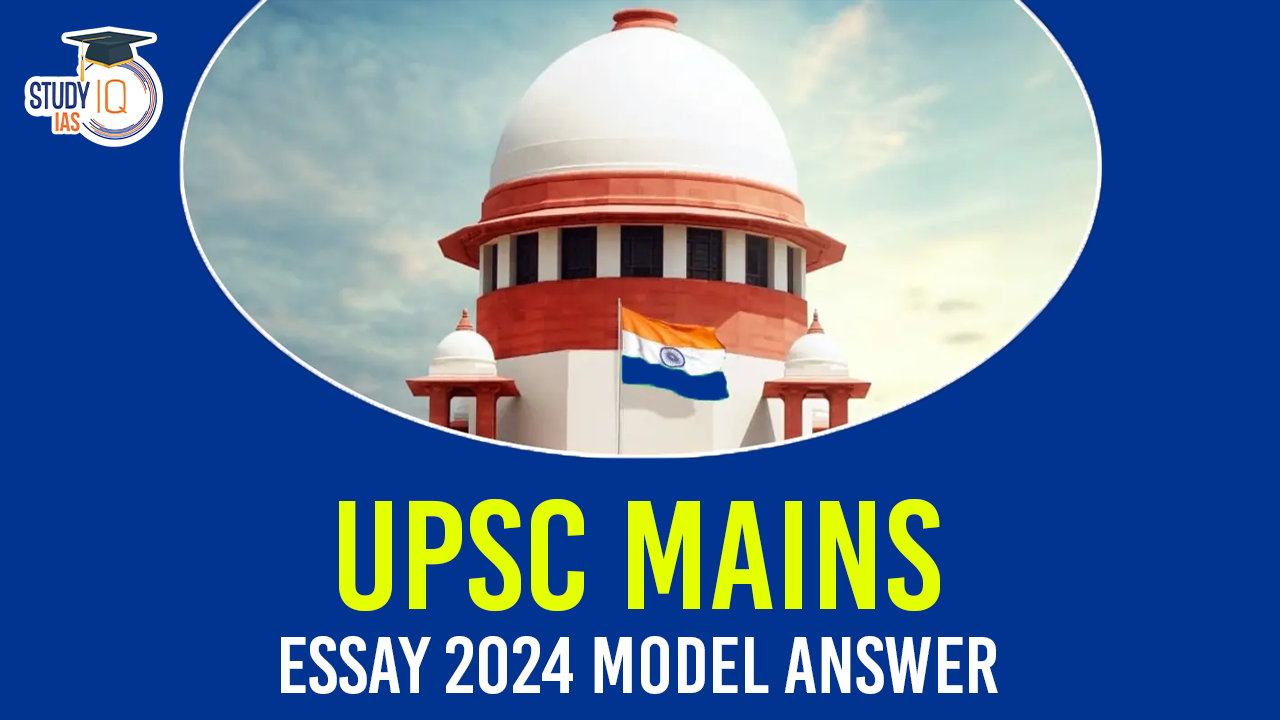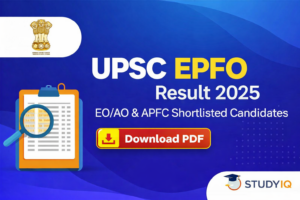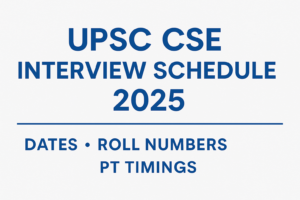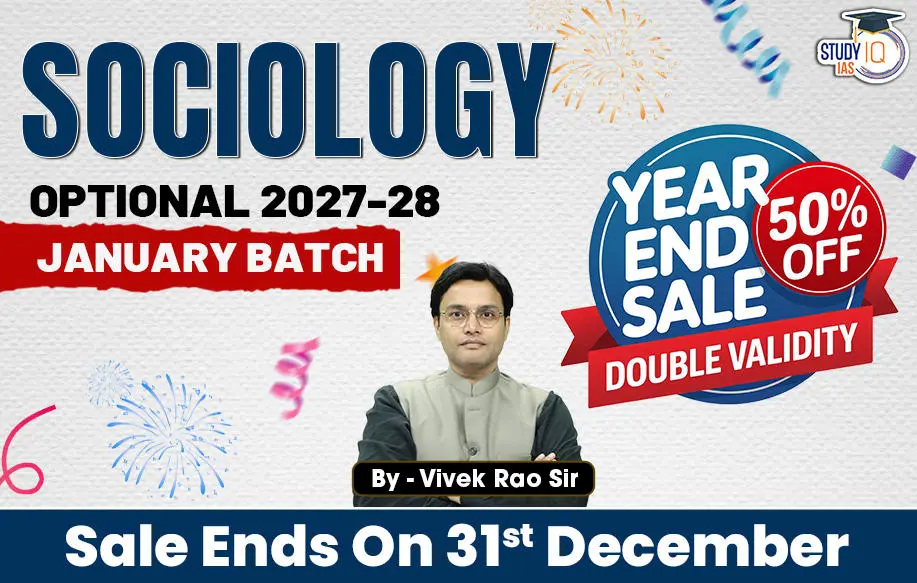8. The cost of being wrong is less than the cost of doing nothing
Approach:
- Introduction with Thomas Edison’s Anecdote to bring out the essence of the topic.
- Bridge between introduction and body – Clarifying meaning of ‘being wrong’ and ‘doing nothing’. Being wrong can be related to leadership decisions, political decisions, personal decisions, etc. Doing nothing can be related to inaction, strategic restraint, etc.
- Contextualisation of the topic in today’s world
- Arguments in favour of being wrong and taking action
- Arguments against being wrong – in favour of doing nothing
- Balanced view
- Conclusion
Introduction:
Edison is famously known for his persistent efforts in inventing the electric light bulb. It is said that Edison failed over 1,000 times before finally succeeding in creating a functioning light bulb. When a reporter once asked him how he felt about failing so many times, Edison replied, “I have not failed. I’ve just found 10,000 ways that won’t work.”
This anecdote reflects that the cost of doing wrong – Edison’s repeated failed experiments- was less significant than the cost of doing nothing. If Edison had chosen inaction after facing initial setbacks, he would have deprived the world of one of its most significant inventions. Each of his failures taught him something new, bringing him closer to success. His perseverance demonstrated that mistakes and wrong attempts are often stepping stones to achievement, while inaction would have led to stagnation and a missed opportunity for innovation.
Thus, Edison’s journey exemplifies the idea that taking action, even if wrong, contributes to progress, whereas doing nothing results in missed opportunities and a failure to advance.
Decoding keywords:
- Being wrong but taking action – Showcases intent, grit, determination, strong resolve, strength to manage the cost of being wrong.
- “wrong” implies that while an action is taken, it may lead to failure or adverse consequences. However, it does not necessarily indicate a deliberate wrongdoing or unethical behaviour.
- Example: Inaction in responding to a public health crisis like COVID-19 would have led to greater loss of life, whereas even flawed responses such as complete lockdowns helped mitigate the worst outcomes.
- Doing Nothing: It refers to inaction, where an individual, institution, or government fails to act in a situation where intervention is needed or expected. This could stem from fear of failure, uncertainty, indecision, or simply a lack of initiative. Inaction may lead to stagnation, missed opportunities, and, at times, more significant negative consequences than acting incorrectly.
Bridge paragraph:
This essay explores the relative costs of action and inaction across various spheres- Personal, Societal, Political, economical, geopolitical, etc. – arguing that in many cases, the fear of mistakes leads to paralysis inaction, which can be more costly than taking imperfect steps forward.
Arguments:
1. The Case for Taking Action (Even if Wrong):
- Growth Through Failure:
- Mistakes often lead to learning and growth. Many successful people or organisations have failed before succeeding (e.g.,).
- Action, even if wrong, offers a chance to reassess and pivot toward the correct approach. Inaction, however, halts progress and innovation.
- Preventing Opportunity Cost:
- The cost of missed opportunities often outweighs the consequences of making mistakes. Inaction leads to stagnation, while action, even if flawed, creates possibilities.
- Example: Economic policies—nations that hesitate to implement reform out of fear of short-term failures risk long-term stagnation, while bold reforms (even if initially flawed) can stimulate growth and development (e.g., India’s economic reforms in 1991).
- Crisis Management and Leadership:
- In times of crisis, leaders must act swiftly. Wrong decisions can be corrected, but indecision leads to more significant losses.
- Indecision by Bangladesh govt. Led by Sheikh Hasina to act upon demands of students led to large scale riots and change of regime
- Moral Responsibility and Justice:
- Ethically, standing by in the face of wrong is often worse than taking a wrong action in an effort to fix a situation. Edmund Burke’s quote fits here: “The only thing necessary for the triumph of evil is for good men to do nothing.”
- Example: Humanitarian intervention—acting to stop genocides or war crimes, even if imperfectly, is morally superior to doing nothing, which results in more loss of lives (e.g., Rwanda, Kosovo).
Counter-Arguments:
1. The Cost of Doing Wrong:
- Ripple Effects of Wrong Actions:
- Wrong decisions, especially at the governance or policy level, can lead to long-term negative consequences. Sometimes, doing wrong can cause irreversible harm.
- Example: Iraq War (2003)—the decision to invade Iraq based on faulty intelligence not only destabilised the region but also led to widespread loss of life, resources, and further geopolitical tensions.
- Ethical Implications of Wrong Actions:
- From an ethical perspective, knowingly taking a wrong action can be more damaging than inaction. Wrong actions can undermine trust, justice, and fairness.
- Example: Corporate Scandals—companies that take wrong actions in pursuit of profits (e.g., Volkswagen’s emissions scandaL, SATYAM Scandal) not only face legal penalties but also lose public trust and credibility.
- Short-Term Thinking vs Long-Term Consequences:
- Wrong actions taken in haste often focus on short-term results without considering long-term repercussions. For instance, cutting corners on environmental regulations might boost profits temporarily but lead to environmental disasters (e.g., Bhopal gas tragedy).
2. The Case for Inaction:
- Calculated Restraint:
- Sometimes, doing nothing is the wisest course of action when the full picture isn’t clear, allowing for more information or better judgement. In such cases, inaction may prevent exacerbating a problem.
- Example: Diplomatic Relations – in diplomacy, inaction or patience can be a powerful tool. The principle of “strategic patience” in international relations is often necessary to avoid conflict escalation (e.g., Cold War diplomacy by India through NAM, Strategic restraint adopted by India during the ongoing Russia-Ukraine conflict).
- Moral Integrity:
- In cases where action leads to unethical outcomes, inaction can be morally superior. For instance, choosing not to engage in a corrupt system can preserve personal integrity, even if the system remains flawed.
Reconciliation and Balanced View:
- Judgment and Context Matter:
- Whether action or inaction is better depends on the context. In high-stakes situations like crises, leadership demands action, but in uncertain scenarios, calculated restraint can prevent hasty mistakes.
- The Middle Path: An effective approach may be to act decisively but with a mindset that allows for course correction. Action should be informed and purposeful, but mistakes should be accepted as part of progress.
Pre-Conclusion:
- Summarising the Dilemma:
- While the cost of doing wrong may at times be high, the cost of doing nothing—stagnation, missed opportunities, and moral failure—can be even greater. However, the key lies in acting with foresight and responsibility, minimising the potential harm of wrong actions.
- Futuristic Outlook:
- In an uncertain world, risk-taking and experimentation are often necessary. The ability to adapt and correct course is vital in any field, be it policy, governance, or personal decisions. Thus, the fear of making mistakes should not paralyse us into inaction. Instead, we must learn to act, learn from failures, and strive to do better.
Conclusion:
The road to progress is paved not just with perfect decisions but with the courage to act, even in the face of uncertainty. This should be the guiding light for today’s civil servants. The actions taken by our civil servants with the intent for betterment of society may result in some consequences but that should deter them from acting.
“Inaction breeds doubt and fear. Action breeds confidence and courage.” – Dale Carnegie.


 UPSC CDS 1 Final Result 2025 Declared: D...
UPSC CDS 1 Final Result 2025 Declared: D...
 UPSC EPFO Result 2025 Out: EO/AO and APF...
UPSC EPFO Result 2025 Out: EO/AO and APF...
 UPSC CSE Interview Schedule 2025: Dates,...
UPSC CSE Interview Schedule 2025: Dates,...

























